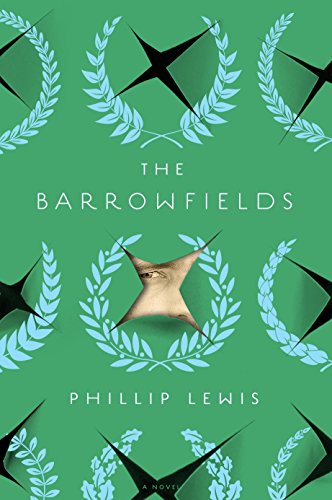 This is the kind of book that I would have loved reading in class. I didn’t love Phillip Lewis’s The Barrowfields, and there are some parts that confused or bothered me, but I was drawn to it all the same. There’s a richness and texture to this book; a satisfying depth to its characters; and a nostalgic, and, I think loving tribute to other previous southern characters and themes that remembers even as it changes. All of these characteristics make The Barrowfields a book that I’d love to do close readings of. You know, in a really cool, non-dorky way. This is a book about growing up and dealing with one’s family legacy, and trying to come to terms with the past and the ambivalence—or perhaps hostility—of passing time. The Barrowfields is set in Old Buckram, North Carolina, an Appalachian town where Henry Aster, his parents, and sibling, are pretty much exceptional. They love to read and see great value in books—leading them to occasionally challenge prevailing attitudes regarding books—and they inhabit a house many believe to be haunted where gruesome family deaths took place years earlier. Like many pieces of Southern lit., this family is tried, troubled, and even tortured. It’s impossible to separate Henry’s coming-of-age story from his father’s legacy. His father wants to be a writer on par with Thomas Wolfe or William Faulkner, and his inability to do so is devastating to both himself and the rest of his family. His self-torture is amplified by family death. Throughout the book, Henry is consumed by the mystery of his father; his father’s choices have irreparable effects on his own development. I don’t think it would be unusual to get tones of Harper Lee’s To Kill a Mockingbird and Thomas Wolfe’s Look Homeward, Angel from The Barrowfields, among other southern lit. books. Lewis brings his book into the 80s, which offers the potential for an interesting re-write of the tortured southern family story. But, as I indicated above, I was troubled that his relatively recent portrayal of Southern Appalachia was stark and largely in-line with Appalachian stereotypes. There’s some community in Old Buckram—some friendly engagement among its residents—but the town is chiefly isolated, Henry is often unwilling to grant many of its residents any kind of meaningful interior life, and the Asters are presented as largely unique from everyone, even the few they love or respect. This, in addition to the fact that Henry’s story often seemed ceded over to other people—and not just his father—made my feelings toward The Barrowfields more complicated. But I didn’t mind that. I appreciated it and wanted to talk about it and hear the smartest kid in the class’s take on the book. You know, just like I used to do in grad. school. I received a complimentary copy of this book from Blogging for Books, but all opinions included in this review are my own.
0 Comments
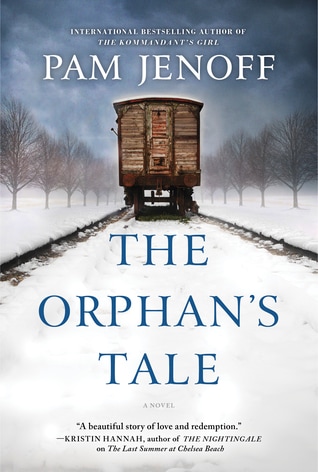 The Need to Know: I stayed up until 1:06 this morning reading this book and wiping tears from my cheeks. So yeah, I really liked this book. The first sentence of The Orphan’s Tale by Pam Jenoff is “They will be looking for me by now.” Immediately I was hooked. In the opening pages of this thrilling story, an unnamed narrator has snuck away to an exhibit called “Two Hundred Years of Circus Magic.” The narrator glances at the exhibit’s photographs before locating a railcar, where she opens up a compartment in the back, hoping to find something which is not fully revealed to the reader. But there’s nothing there, “and the dream I had that it might hold the answers evaporates like cool mist.” This kind of narrative is one of my favorites: a frame story told from the perspective of an elderly person, about to reveal her life’s greatest secrets—if only to the reader—and a passionate, tender inner story that is slowly built on until the book’s last revelations. After the prologue, The Orphan’s Tale is told from two different perspectives, Noa’s and Astrid’s, both of which are rooted in the WWII period. Noa is a young Dutch woman who was thrown out of her parents’ home after she became pregnant with a German soldier’s baby. She ends up in Germany, alone, until in an impulsive moment she takes a Jewish baby from a railcar which the Germans are sending east. A series of events lead her and the baby to a famous circus, where she meets Astrid. Astrid’s husband, a member of the Reich, cast her aside because she is Jewish, and she returns to the winter quarters of her family’s circus, the only home she has ever known. Her family’s circus is no longer in operation because her Jewish parents and siblings are gone, but Herr Neuhoff, their former circus rival, offers her a job as an aerialist--her previous role in her family's circus--and she accepts. After Noa and the baby, Theo, arrive at Neuhoff's circus, Herr Neuhoff tasks Astrid with making Noa an aerialist within a 6-week time period—a task which Astrid resents for multiple reasons, not least because she thinks it is impossible. Will Noa become an aerialist? Will she and Astrid ever trust one another? But the captivating circus and the performers’ dynamics are only part of the story here. After all the story is set in World War II; two of its main characters are Jewish, and many of the other characters are accomplices to sheltering them, whether they wish to be or not. This beautiful story moved me in deep ways, and in the final pages, I wiped tears off of my cheeks as I read in bed. Now, hours later, I still feel immersed in the world of The Orphan’s Tale, and I’m also still processing what happened to the nuanced, imperfect, and also noble characters Jenoff created. I have read comparisons of The Orphan’s Tale to Sara Gruen’s Water for Elephants and Christina Baker Kline’s Orphan Train. I would also add Natasha Solomons’ The House at Tyneford, and Kate Morton’s books, which use the same type of frame structure. In one way this thrilling, lovely book was easy to read. I raced through its pages. But on the other, there were sections of this book which were truly difficult to read and come to terms with, particularly after I read the “Author’s Note” and learned that a couple of the main plot-points are inspired by real-life events. The Orphan’s Tale offers the reader a chance to mourn and to celebrate, to become invested in the lives of the characters and to be reminded of our history. I’m so glad that I found this book. I received a free copy of this book from Netgalley but all opinions provided in this review are my own. “We saw the lightning and that was the guns; and then we heard the thunder and that was the big guns; and then we heard the rain falling and that was the blood falling; and when we came to get in the crops, it was dead men that we reaped.”
Do you know that feeling that you get when you finish an amazing book but you realize that it still has a strong grip on your heart? I had it after finishing Jesmyn Ward’s brilliant, bold, and searing memoir, Men We Reaped (2013).
I read Ward’s Salvage the Bones (2011) a couple of years ago and thought that it was really special, so I eagerly looked forward to Men We Reaped. After reading the last stunning page, I’m convinced more than ever that Ward is someone to read—to talk about, to teach, etc.—because she offers valuable insights into what it's like being a Black American, and specific to her subject, a Black American in the South. In addition, Ward has something truly valuable to tell us about being human: how we love, grieve, misunderstand, comfort, judge, care, hurt.... You have to read this book. Men We Reaped tells Ward’s story of growing up in Mississippi interspersed with chapters which focus on the lives of five men whom Ward loved and lost between 2000-2004. The last man Ward focuses on is the first to die chronologically, and also Ward’s greatest loss, her brother, Joshua. An elegiac book, Men We Reaped pays tribute to these men—to the physical and emotional qualities which made them them—and to the community they’ve left behind. But what I also appreciated about this book is that this isn’t just an important read on how black men are oppressed, denied, and limited, but how black women face their own challenges in raising their children and trying to keep their families together and safe. Ward’s childhood is, like most childhood’s, affected very much by the relationship between her parents. Ward’s mother kicked her father out of the house for the last time after she realized that he was cheating on her again with his much younger lover. At that time Ward and her brother, Joshua, were “Both of us on the cusp of adulthood, and this is how my brother and I understood what it meant to be a woman: working, dour, full of worry: What it meant to be a man: resentful, angry, wanting life to be everything but what it was.” A wealthy white employer of her mother’s pays for Ward’s private school tuition. This, coupled with Ward’s hard work, leads to Ward going to Stanford and the University of Michigan. Her brother Joshua “had lesser models and lesser choices, and like many young men his age, he felt that school was not feasible for him.” He ends up selling crack for a while, which Ward says is not uncommon for men in their community. Later, he’s killed by a white drunk driver, who only gets sentenced to five years for killing her brother. This is a book about love and overwhelming grief, but it’s also a book about the black southern woman’s experience, the black southern male’s experience, and how those experiences are affected by also growing up poor. Though Ward ends up attending school on the West Coast and then in Michigan, she has an abiding love for Mississippi which leads her to return home repeatedly throughout her adulthood. The place, and the past, have holds on her. Ward is clear that while she has left Mississippi at times, she has not been unaffected by growing up a black woman in the South, by the “great darkness bearing down on our lives” which “no one acknowledges.” I was spellbound by the beauty of Ward’s writing and devastated by the sadness and horror of her losses. If you haven’t read her work before, pick up this book, or Salvage the Bones, both of which are gorgeous and wrenching reads. Her next book, an anthology called The Fire This Time, is already on my to-read list.
|
About me.Give me that HEA, please.
Join my mailing list.Want to receive a weekly email with links to my latest blog posts? Sign up below!
Archives
April 2024
Categories
All
|
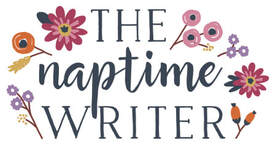

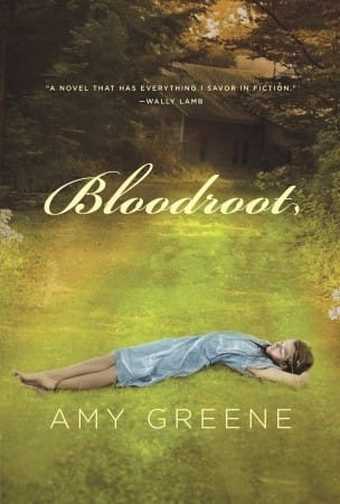
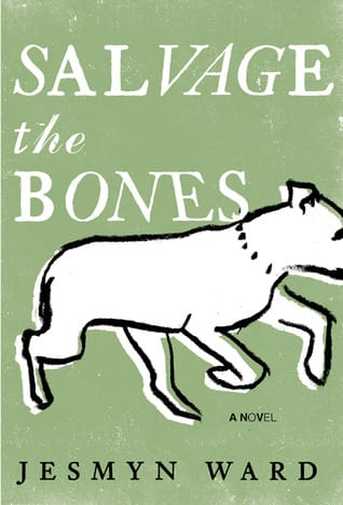
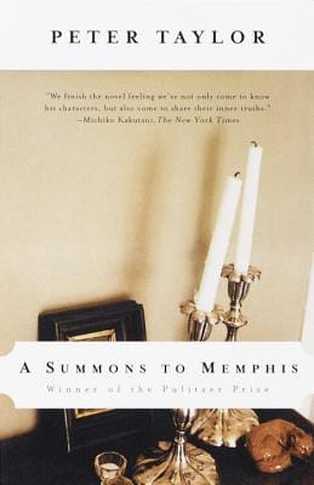
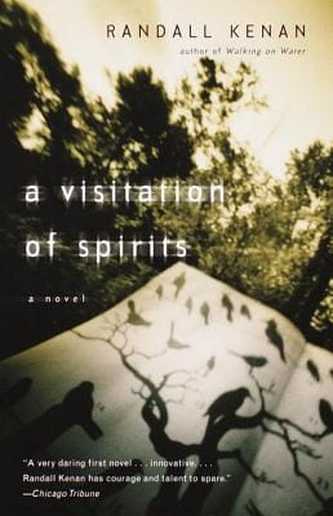
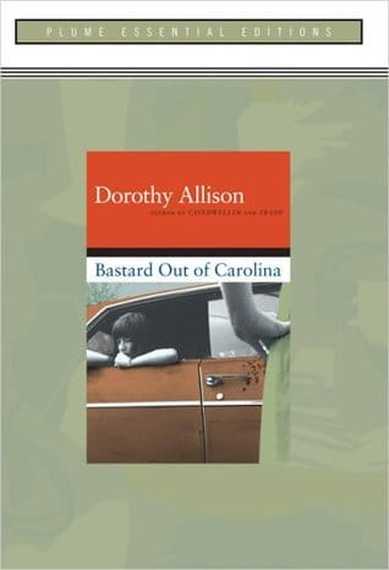
 RSS Feed
RSS Feed
